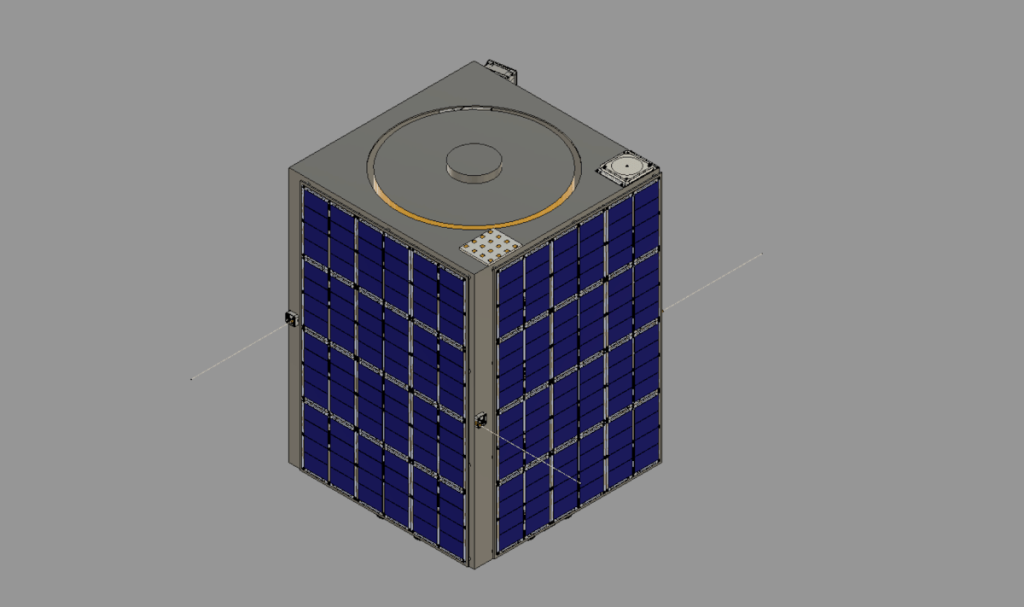MOUNTAIN VIEW, Calif. – Los Angeles startup Proteus Space announced a strategic partnership Oct. 22 with government contractor SAIC.
In addition, SAIC made a “significant investment” in the startup. The value of the investment was not disclosed.
Through the partnership, the companies will work together to enhance Mercury, Proteus’ AI-based platform meant to “autonomously designs custom satellite buses tailored to specific payloads,” according to the news released at the Satellite Innovation conference here.
Los Angeles-based Proteus is automating the satellite design process to reduce time and cost, provide flexibility, ensure precision and accuracy, and minimize errors, the release said.
“We are excited to collaborate with SAIC, a leader in digital engineering and technology integration,” David Kervin, Proteus CEO and co-founder, said in a statement.
SAIC will work with Proteus “to develop high-fidelity, autonomous digital modeling capabilities” for custom-built satellites, according to the news release.
“Our investment in Proteus Space is driven by their visionary technology, which enhances SAIC’s impactful digital engineering services,” Lauren Knausenberger, SAIC chief innovation officer and former U.S. Air Force chief information officer, said in a statement. “We have entered into this innovative partnership to expedite the development of next-generation space solutions for our government clients and the commercial sector.”
David Ray, executive vice president of SAIC’s Space and Intelligence Business Group said in a statement that the “customized capability” of Proteus’ Mercury platform will “reduce the time from satellite design to launch.”
Proteus plans to launch in 2025 an AI-designed ESPA-class satellite with payloads from the University of California, Davis, and an undisclosed government research organization.

